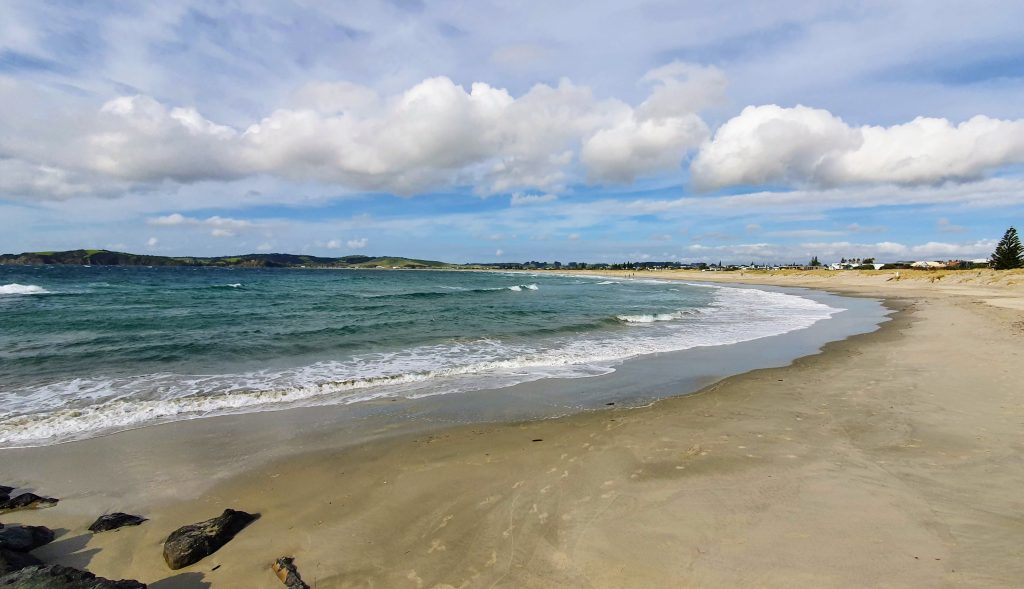 Alison’s story with ABPA (T’was the week before Christmas…)
As we journey through life with chronic conditions we can teach ourselves coping strategies
As the strategies work we gain a sense of achievement and I guess a pride that we can do this we can get around this but then something else happens and our planning and our strategies get sabotaged. I’ve had one of those kind of days today.
Alison’s story with ABPA (T’was the week before Christmas…)
As we journey through life with chronic conditions we can teach ourselves coping strategies
As the strategies work we gain a sense of achievement and I guess a pride that we can do this we can get around this but then something else happens and our planning and our strategies get sabotaged. I’ve had one of those kind of days today.
- Learn what we can achieve
- What is realistic, and what is not?
- Come up with ways of limiting how much we do at a time so that we can achieve our goals little by little.
- Pace ourselves.
Share this post
Latest News posts
How the NHS funds medications
February 25, 2025
Thinking about joining a clinical trial? What are your concerns?
December 12, 2024
Biologics & ABPA – what are they and what can they do?
October 19, 2024
HEPA filters & heat to reduce exposure to allergens
March 18, 2025
How the UK evaluates new drugs for use in the NHS
March 4, 2025
ABPA & CPA: Patient priorities
February 25, 2025
I Have ABPA and feel worse if I sleep with windows open
February 25, 2025
How the NHS funds medications
February 25, 2025
Thinking about joining a clinical trial? What are your concerns?
December 12, 2024
Biologics & ABPA – what are they and what can they do?
October 19, 2024
HEPA filters & heat to reduce exposure to allergens
March 18, 2025
How the UK evaluates new drugs for use in the NHS
March 4, 2025
ABPA & CPA: Patient priorities
February 25, 2025
I Have ABPA and feel worse if I sleep with windows open
February 25, 2025
News archive
× Close
- Antifungals in development
- COVID-19
- Events
- Fundraising
- General interest
- How do I...?
- Information and Learning
- Latest research news
- Lifestyle and Coping Skills
- Living with Aspergillosis
- NAC announcements
- News archive
- Patient and Carer Blog
- Patient stories
- Recordings
- Supplements and complementary therapies
- Types of aspergillosis
- Video
